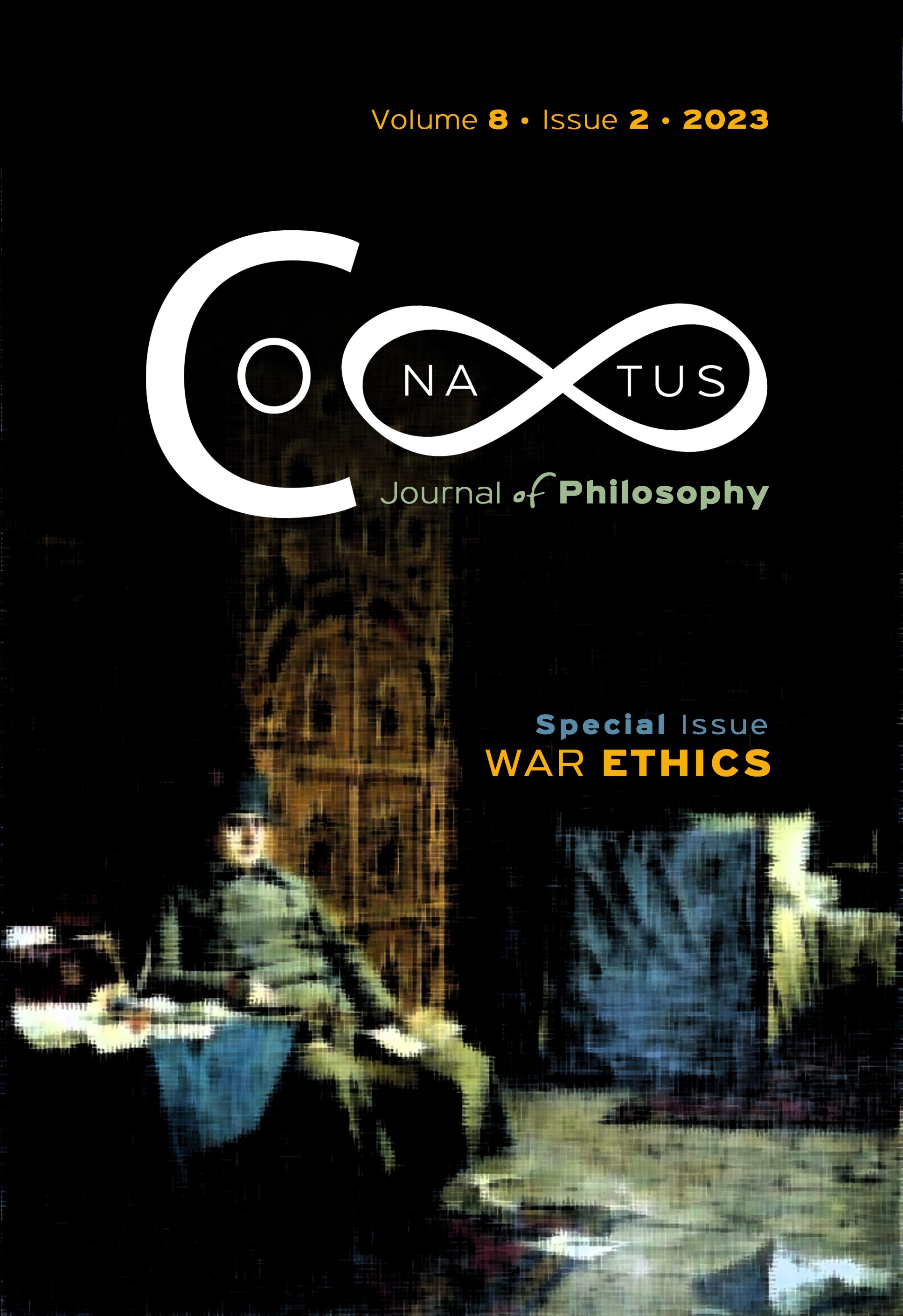Military Ethics Education – What Is It, How Should It Be Done, and Why Is It Important?

Abstract
This paper explores the topic of military ethics, what we mean by that term, what it covers, how it is understood, and how it is taught. It suggests that the unifying factor that makes this a coherent subject beyond individual national interpretations of it is the core idea of military professionalism. The paper draws out the distinction between training and education and draws on research conducted by a number of different people and agencies, including the International Committee of the Red Cross, to establish what factors contribute to effective pedagogy and the inculcation of appropriate attitudes and behaviours. The paper concludes by looking at the way military ethics contributes to military outcomes from protecting civilians and the vulnerable to building resilience in our own military personnel to protect their mental health, through to the strategic costs of losing the moral high ground if behaviour is seen to fall short of that expected from military professionals.
Article Details
- How to Cite
-
Whetham, D. (2023). Military Ethics Education – What Is It, How Should It Be Done, and Why Is It Important?. Conatus - Journal of Philosophy, 8(2), 759–774. https://doi.org/10.12681/cjp.35160
- Section
- Articles
- Categories

This work is licensed under a Creative Commons Attribution-NonCommercial 4.0 International License.
Authors who publish with this journal agree to the following terms:
Authors retain copyright and grant the journal right of first publication with the work simultaneously licensed under a Creative Commons Attribution Non-Commercial International License (CC BY-NC 4.0) that allows others to share the work with an acknowledgement of the work's authorship and initial publication in this journal.
Authors are able to enter into separate, additional contractual arrangements for the non-exclusive distribution of the journal's published version of the work (e.g. post it to an institutional repository or publish it in a book), with an acknowledgement of its initial publication in this journal.
Authors are permitted and encouraged to post their work online (preferably in institutional repositories or on their website) prior to and during the submission process, as it can lead to productive exchanges, as well as earlier and greater citation of published work.





